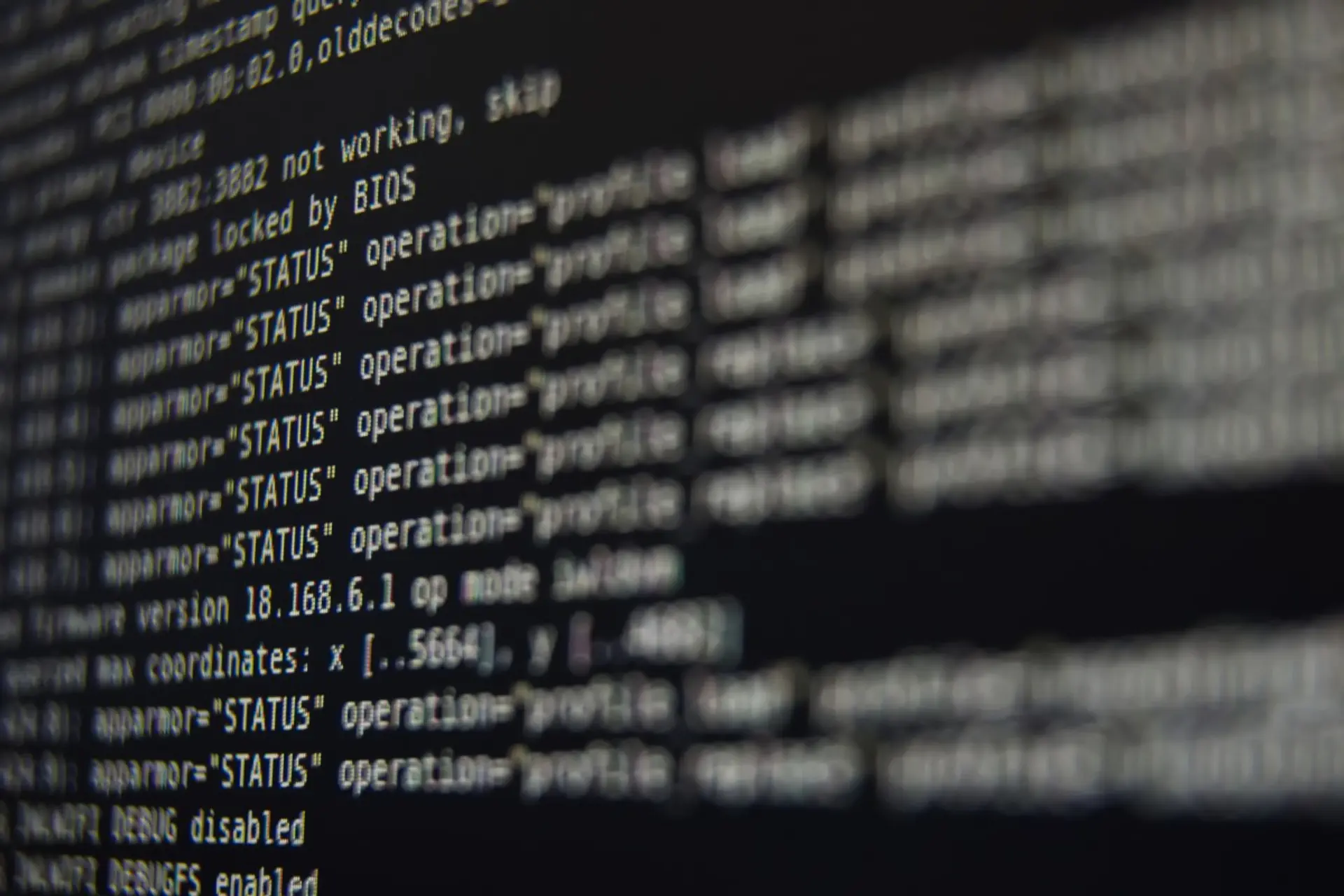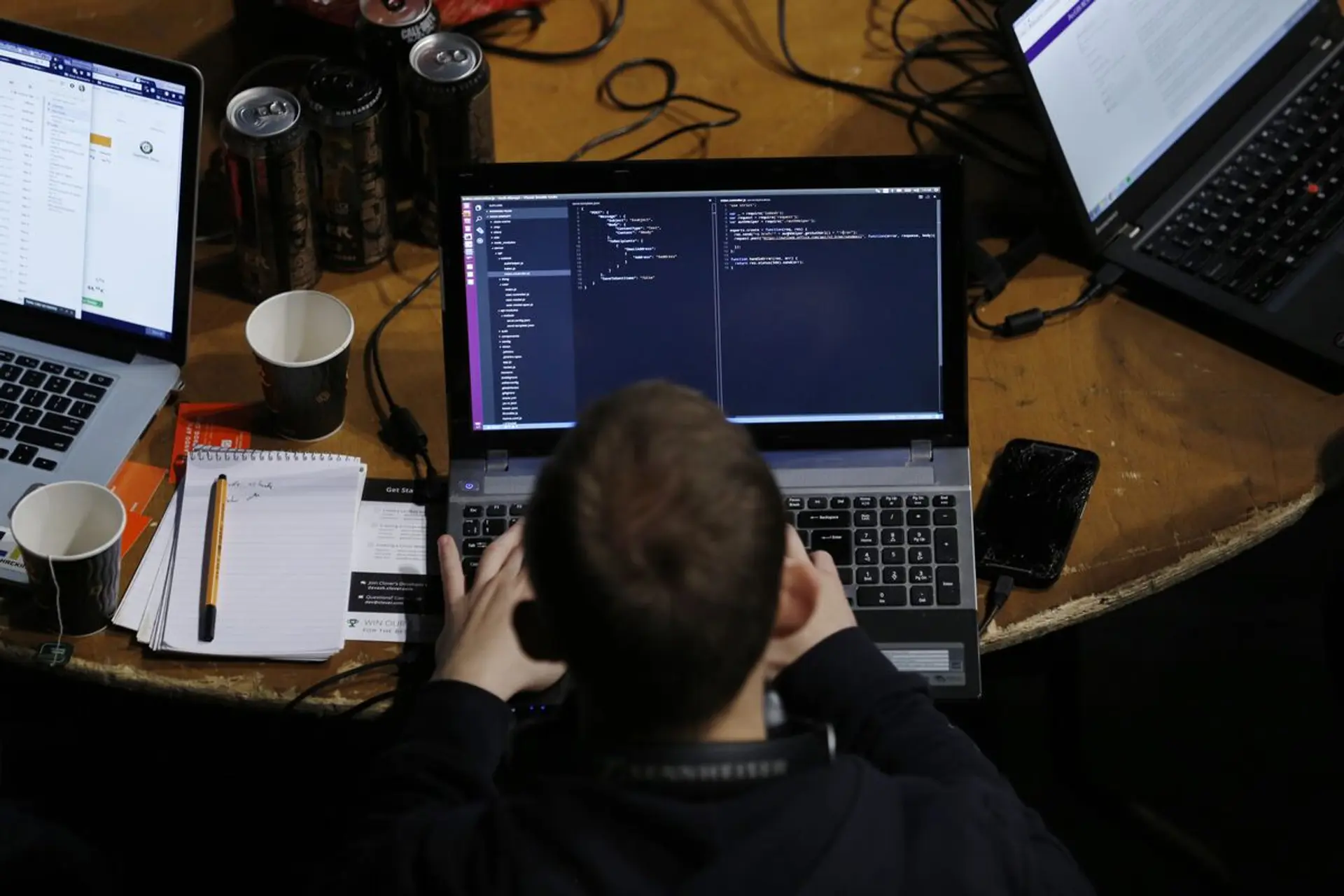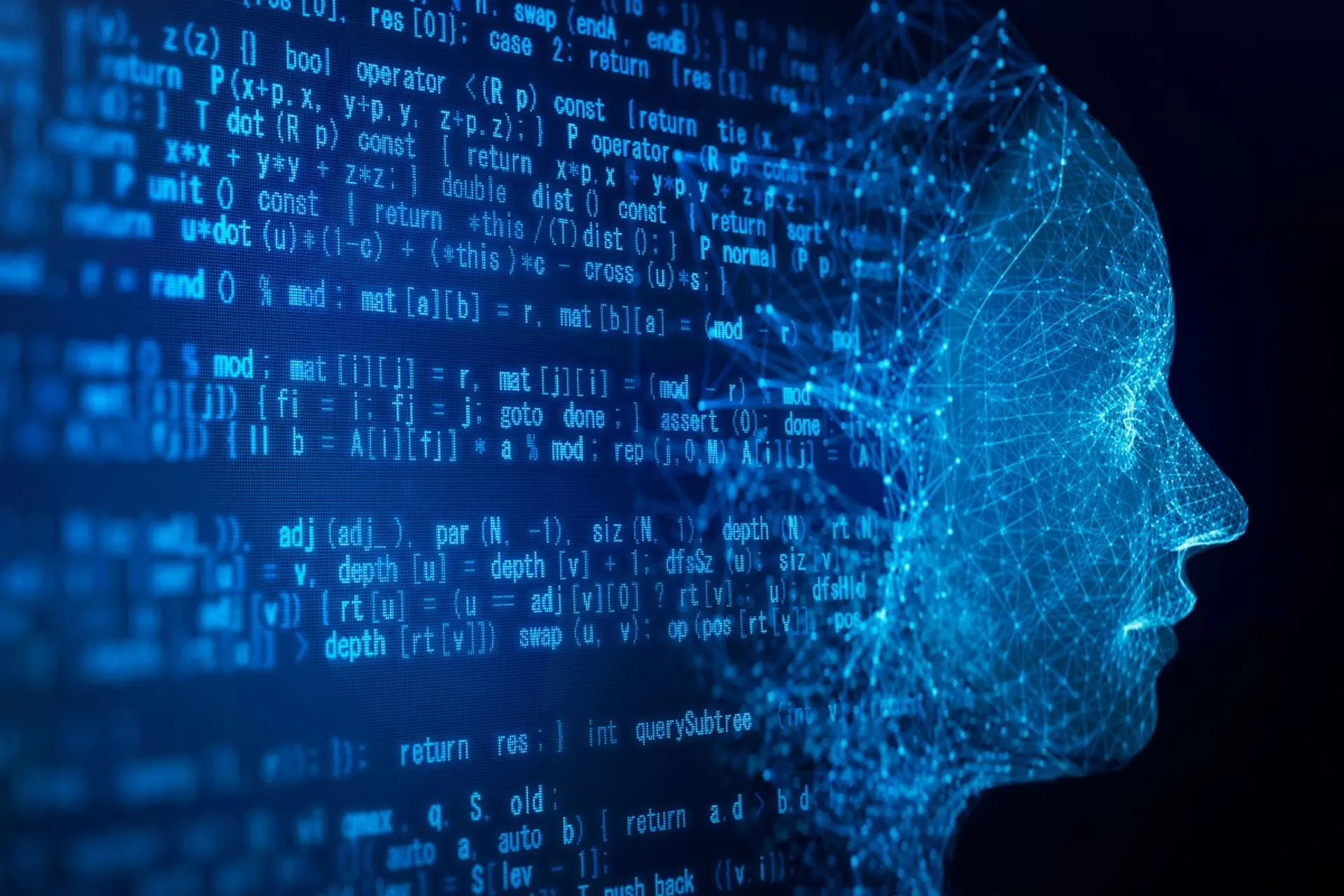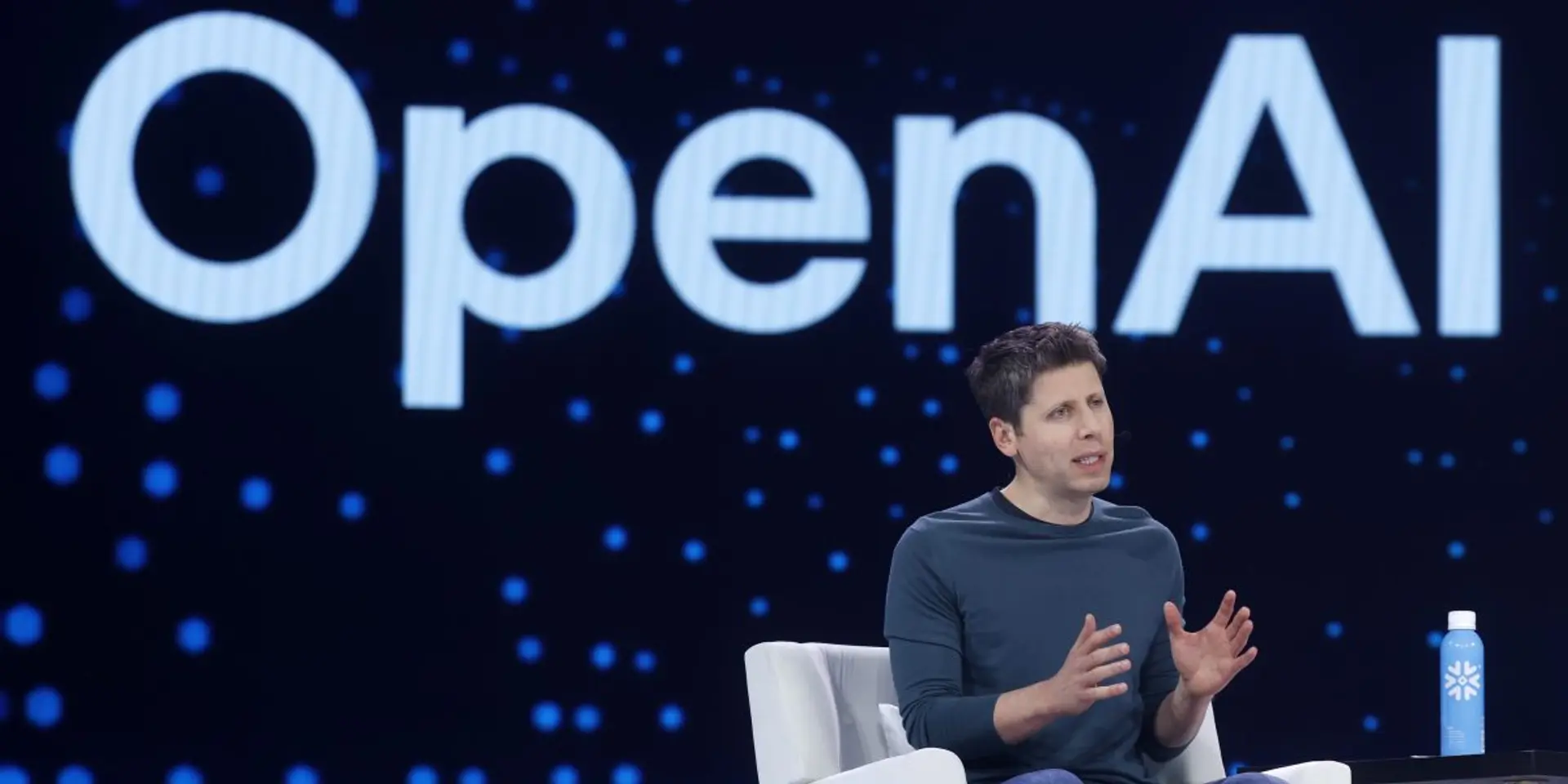AI-powered coding tools are increasingly focusing on the terminal, marking a shift in how AI interacts with software development. Instead of solely working within code editors, AI systems are now directly engaging with the system shell. This transition reflects a need for AI to handle broader software environment complexities, including configuration, debugging, and deployment.
While tools like Cursor and GitHub Copilot remain popular, terminal-based tools such as Warp are emerging as strong alternatives. The terminal's direct access to system operations makes it ideal for agentic AI requiring granular control. Benchmarks like TerminalBench highlight the challenges AI faces in real-world development scenarios, testing competencies beyond code fixes, such as reverse-engineering compression algorithms and diagnosing script failures.
Warp currently leads in terminal-centric AI, solving just over half of the problems, underscoring both the potential and the hurdles of this approach. While some developers may hesitate to adopt command-line tools, the flexibility and control they offer are proving indispensable for AI-powered software development.




